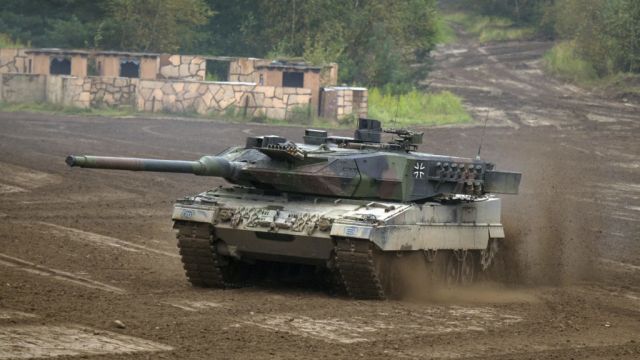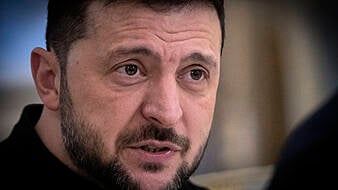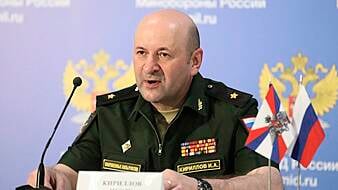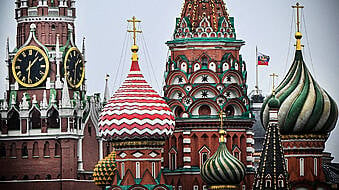Ukraine on Friday battled Russian troops trying to pierce its lines in the east and northeast, and artillery bombardments intensified after Western allies promised the Kyiv government it would send them tanks to repel the invaders.
Kyiv said fierce battles were under way, a day after at least 11 people were killed in missile and drone strikes which were seen in Ukraine as a response to the promises by important allies to send it tanks.
After weeks of wrangling, Germany and the United States this week said they would send Ukraine dozens of modern tanks to help push back Russian forces, opening the way for other countries to follow suit.
Poland gave Ukraine a further boost on Friday by promising an additional 60 tanks on top of 14 German-made Leopard 2 tanks it had already pledged.
A total of 321 heavy tanks have been promised to Ukraine by several countries, Ukraine's ambassador to France, Vadym Omelchenko, said on BFM television on Friday.
Ukraine has also asked for U.S. F16 fighter jets. The White House national security spokesperson John Kirby said the government was aware of Ukraine's request but added, "We don't have any additional weapons systems to speak to today."
Both sides in the war are expected to launch spring offensives, though Washington has advised Ukraine to wait until the latest weapons are in place and training has been provided - a process expected to take several months.
Moscow accused U.S. President Joe Biden of prolonging the war by arming Kyiv. Ukraine says the only way to end the war is for allies to give it the weapons to win it.
Ukrainian President Volodymyr Zelenskiy said the situation at the front remained extremely acute, particularly in the eastern Donetsk region.
In a Friday evening address, Zelenskiy said Russian forces were not just storming Ukrainian positions but also destroying the towns and villages around them.
In Bohoiavlenka village in Donetsk region, soldiers said fighting around the nearby town of Vuhledar had intensified, with Russian troops constantly trying to advance and capture it.
Vuhledar had come under intense shelling in the past 24 hours, with seven buildings and two schools damaged, Yevhen Nazarenko, spokesman for the Ukraine army's 68th brigade, told Reuters.
"They constantly use artillery fire, aviation. There is no single quiet minute here," he said.
Thick black smoke rose over Bohoiavlenka and explosions could be heard in the background. Some homes were damaged.
Oleh Synehubov, governor of the northeastern region of Kharkiv, said fierce fighting was continuing along the front lines there but Ukrainian forces were holding out.
Millions of Ukrainians faced electricity shortages after Thursday's missile and drone strikes, the latest to target energy facilities and deprive people of heat, light and water.
Russian air attacks hit five high-voltage substations in the central, southern and southwest regions on Thursday, Prime Minister Denys Shmyhal said.
Ukraine will need an additional $17 billion (€15 billion) in financing this year for energy repairs, de-mining and to rebuild infrastructure, he added.
Russia has been targeting Ukraine's energy infrastructure with intense air strikes far from the front about weekly since October. Kyiv says the attacks serve no military purpose and aim to harm civilians, a war crime. Moscow says the strikes are intended to reduce Ukraine's ability to fight.
The latest strikes focused on "facilities that operate Ukraine's defence industrial complex and transport system," it said. "The goals of the massive attack have been reached. All the assigned targets have been neutralised."
After Ukraine recaptured land in the second half of 2022, front lines have been largely frozen for more than two months, with Russia trying to gain ground in the east and protect a corridor of land it has seized in southern Ukraine.
Oleskandr Musiyenko, head of the Military and Strategic Research Centre of Ukraine, said Russia was sending in reinforcements, mainly conscripts, to block Ukrainian advances.
"But they do not have the level of artillery and tank support they had on Feburary 24th," Musiyenko told Ukrainian television, referring to the date of Moscow's invasion in 2022.







